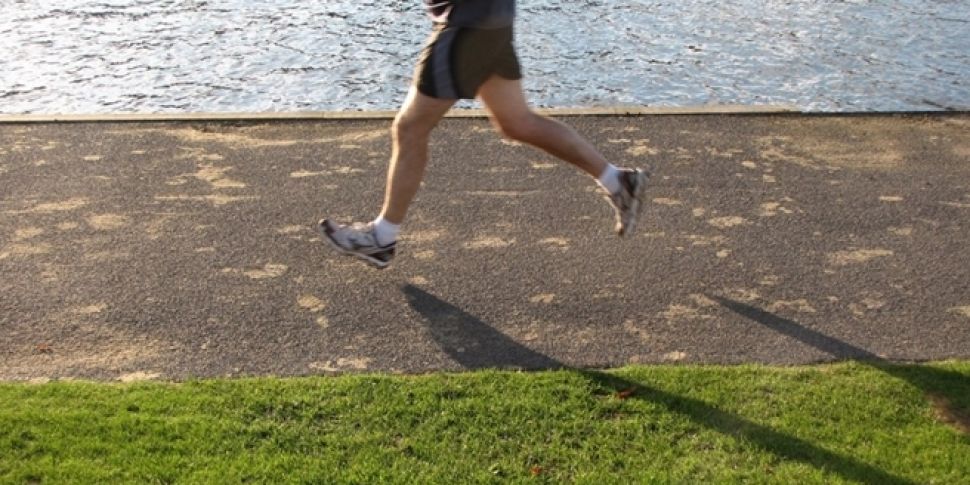As Ireland looks set to become the most obese nation in Europe by 2030, many are turning to restrictive diets and intense fitness regimes in order to shed the pounds.
It's being recommended that individuals participate in 150 minutes of moderate exercise a week. But as trends become more extreme, is it possible that over-training and high-endurance fitness challenges could be just as bad - if not worse - than forgoing exercise altogether?
Speaking on High Noon, Dr Micheál Newell from the Clinical Science Institute in Co Galway said that people aren't taking their whole lifestyle into account.
"Running is good, but running for too long may not be good for you," he said. "There's a dose-response relationship - the benefits will be good, but the benefits will diminish at a high dosage. As a a result, there could be an adverse response to over-exercising."
Competitions like ultra-marathons and 'Ironman' challenges have grown in popularity, particularly among men. Before undertaking such large-scale competitions, Dr Newell recommends making an over-view of your entire lifestyle, including nutrition and current health state,
"There could be an undiagnosed [heart] condition there that through exercise, it could put them at risk [...] If you do run, run between 5 and 20 miles a week."

Rest is key
The most important thing people can do though is allow themselves adequate time to recover.
"We have an innate responsibility to exercise, but we also have to make sure that we're aware of the demands of the particular sport," he said. "Sometimes when you have an addiction, you kind of find it hard, and you ask yourself, 'why should I be resting?'"
For those who don't exercise, Dr Newell said that, ultimately, it's all about making small lifestyle changes.
"You've got to try and find ways of moving more. If you've no reason to be sitting down, stand up. For most of us, it's probably work related and that's the best opportunity. Go briskly up the stairs - don't walk. It's those small incremental increases.
"We're in a society that has excess energy supplies but we've got very little physical activity [...] Find your Goldilocks principal - you've just got to find what works for you."









